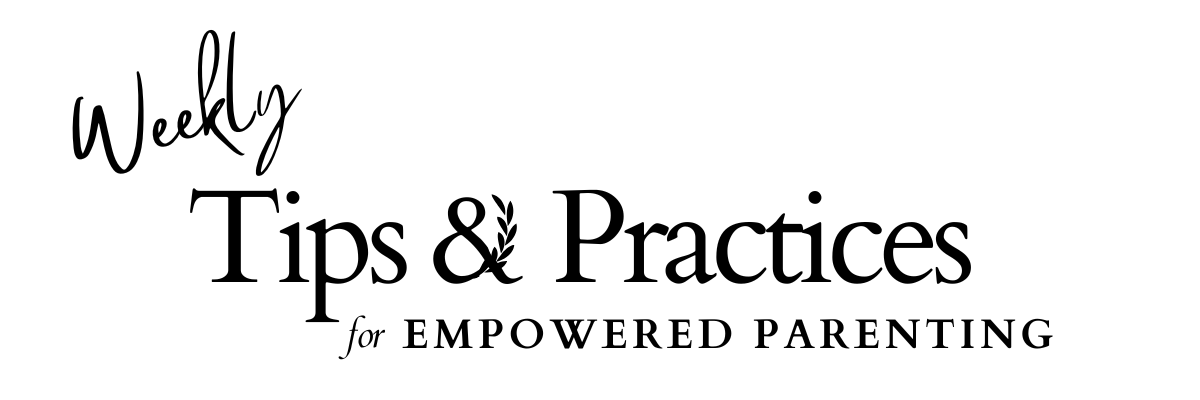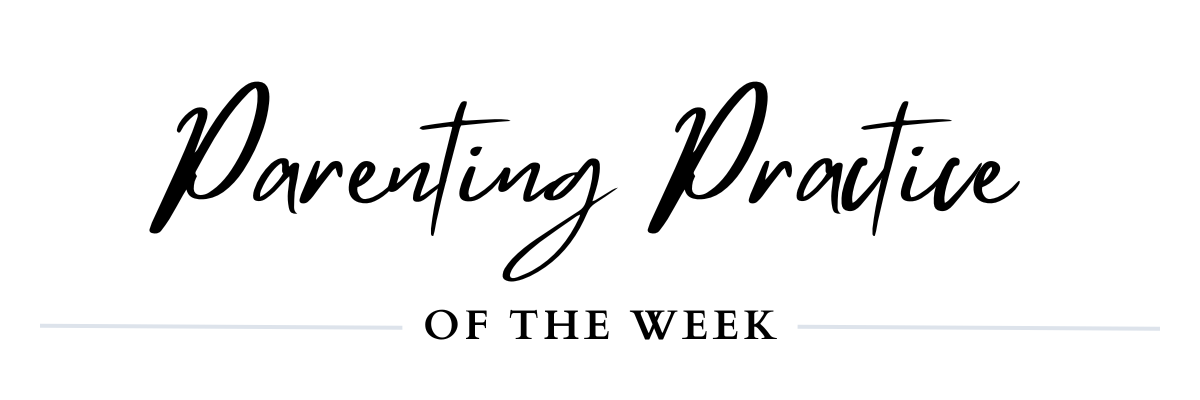Finding Congruence in Your Parenting

I learned to stop yelling pretty early on in my parenting journey. I could see how it impacted my kids. But that doesn’t mean I stopped expressing anger in ways that weren’t exactly healthy.
I stuffed it in and down. I trained myself to speak quietly. Years later, my kids told me my eye would do this twitchy thing… and that it was “terrifying”(shared in a way that was more about playfully poking fun at me than anything else.)
We get to get angry as parents. Of course, we are going to get angry as parents! AND…
What I eventually learned was that in order to be congruent (meaning my insides matched my outsides), I had to let my anger out in a healthy way versus holding it in….
We can’t hide our inner truths from our kids.
They are highly attuned to our vocal tone, facial expressions, and body language. When we are saying or acting in ways that aren’t a match with what our children pick up on, we chip away at trust and safety.
We call this CONGRUENCE. Check out this week’s Parenting Tip to learn one of our favorite tools. Your kids are so very capable of understanding. And while they can’t read our minds… they can absolutely read our bodies.

Congruence: When your inner experience matches your outer expression
Part of our work as parenting coaches is to support parents in moving toward the GOAL of congruence. It’s a goal because none of us are going to achieve it 100% of the time. The more we can be congruent, however, the more our children can feel safe with us, even when we are experiencing some feelings ourselves.
Name it to tame it…
First, let’s remember what emotions are: they are a nervous system reaction involving your limbic and dorsal/vagal systems, where hormones are released into the body based on external stimuli. They are a signal to your brain that you need to DO something.
Anger is an emotion of movement.
Sadness and grief are emotions of stillness.
When you are feeling big feelings you can TALK YOUR WALK. Another way we teach this is to compare it to sportscasting. So, just like the sportscaster describing everything happening in the baseball game, you can describe everything happening to you to your kids.
Here’s what this can sound like:
“I am feeling angry right now. My chest feels tight, and my face feels hot. I am going to shake my body to let my anger out so that we can talk more calmly about what just happened! I’m going to go do that in my room so that I can take care of my own feelings. Or, if you’re feeling angry too, do you want to shake your body with me?”
“I am feeling so sad. I have an ache in my heart. When I’m sad, I just like to sit quietly so I can learn more about my sadness. Would you like to sit quietly with me or go outside to play while I do this?"
READ MORE:
Curious for more?














